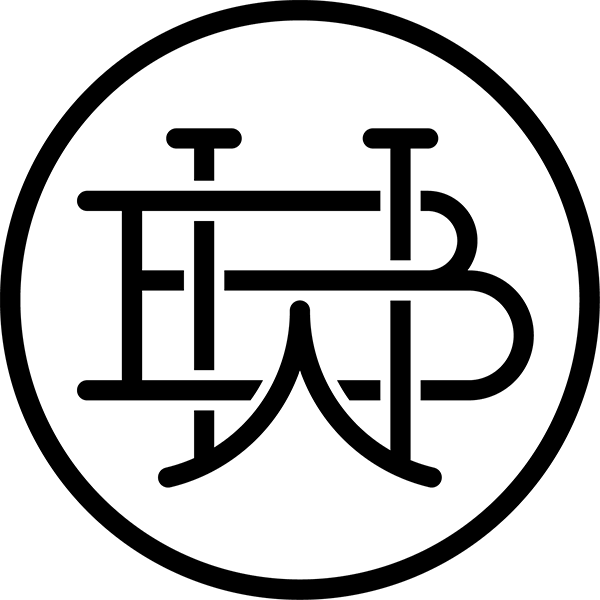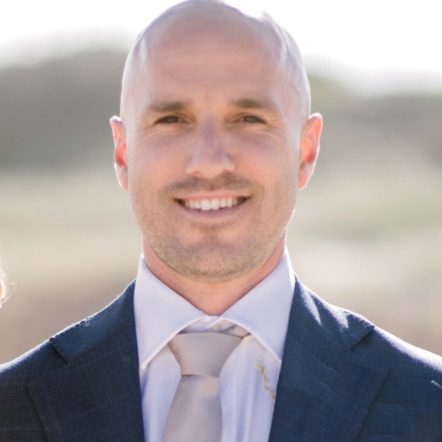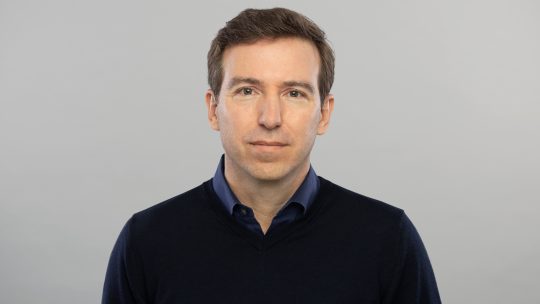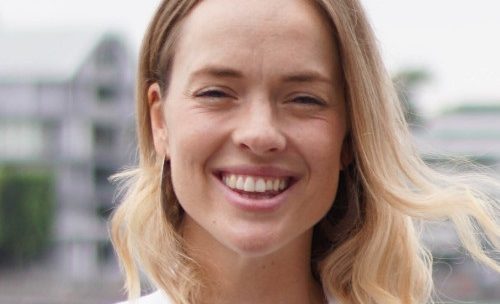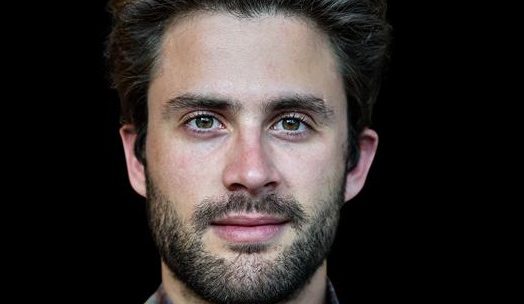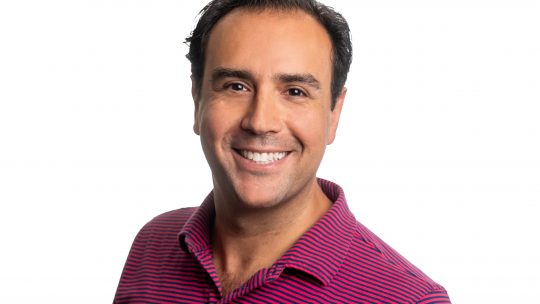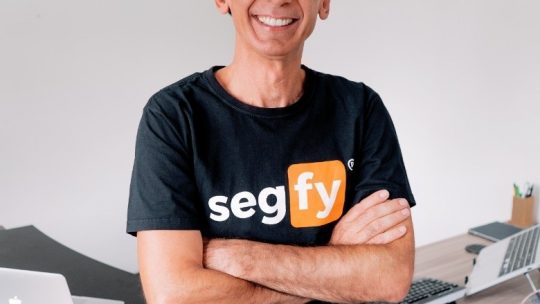Managing Director of Insurtech Gateway Australia
Follow Simon on LinkedIn and Twitter.
Who are you and what do you do?
My name is Simon O’Dell. I currently hold six directorships, all of which orbit around my primary role as Managing Director of Insurtech Gateway Australia.
Australia has some of the best innovators in the world. I work with a small and highly effective team to provide these innovators with a platform that unlocks stifled industries. We search each day for our best talent. We have industry leaders, government ministers, city mayors, venture capitalists and many other key stakeholders who are waiting to adopt transformative new innovations. Smart cities, connected cars, social impact, climate change risk mitigation, loss prevention through connected devices; we are coalescing people and services to create the future we want.
1. What was the journey that brought you to your current role?
As my mates and some colleagues will attest, I generally like to do things in the most effective way with minimal regard for the accepted method usually taken. Whether it’s creating my own knot for my suit ties or creating value for customers.
I was a disgruntled technician working within the insurance industry for 10 years, the industry that has remained mostly unchanged for 100 years. I resolved that I could not create meaningful change by working from within the industry; this method would be time consuming and the skill sets required would be outside that of my own as a technician or manager of technicians. I began a journey of self-improvement.
First, I completed an Executive MBA with the University of Technology Sydney. I learnt in-organic growth strategy. I travelled to Tel Aviv on an Australian government led startup delegation. I then studied in YCombinator’s startup school. As a result, I developed an understanding of leadership and value creation theory and practise through the teachings of academia, enterprise, plus the newest and most disruptive form, lean startup. Somewhere near the junction of these teachings is where my lens has resolved to inform my agnostic and forever improving practices.
With an improved self, I spent 3 years bootstrapping an insurtech idea, hitting the pavement in Sydney, Melbourne and Brisbane, seeking early adopters for a tech solution to solve some of the pain points our technicians experience each day.
After a successful pilot with ~30 insurance businesses, we unfortunately struggled to raise capital to scale up the product. We experienced the consequences of an immature Australian startup scene. It was not difficult however to see into the future by surveying international markets like Silicon Valley, Tel Aviv and London. It was also plain to see our local market shifting, with the government introducing policy and initiatives to lay a foundation for a thriving start-up ecosystem. This gave me confidence to team up with a group of likeminded innovators, to form Insurtech Australia, which is now the peak body for insurance innovation in Australia, representing over 100 founders, 30 industry incumbents, regulators, government, investors and other key stakeholders.
After 3 years with Insurtech Australia I teamed up with Insurtech Gateway in London to bring a new level of founder support to Aus shores.
2. How do you get things done?
Two things come to mind.
- Management of self
I work proactively in the ‘important/ not-urgent’ quadrant (4th gen. time mgt.). - Management of others
Inspired by Henry Thoreau’s quote ‘for every thousand hacking at the leaves of evil, there is one striking at the root’, which speaks of an economic management principle among other things, I seek to deploy resources effectively.
3. Who are your role models and why?
In addition to Henry, Stephen Covey stands out. He created a significant paradigm shift for me in ~2014. Subsequent practices of his teachings has me convinced that a highly effective way to navigated this world is through a lens that sees our world as a simulation or one that is governed entirely by natural laws and principles. The thoughts that nothing is random was very empowering. In theory, the greater one’s understanding of the ‘code’ that govern the program, the more effectively one can navigate the program. As such, I have resolved to learn as much of this ‘code’ (principles) as possible.
4. What’s the one secret about your field or industry you wish everyone knew?
Science methodologies are a significant part of the success of the tech sector and many who rebuke science will benefit from its outputs dozens of times before they brush their teeth in the morning.
For example, setting a hypothesis, then challenging the hypothesis with test and learn is fundamentally science. Minimum viable products (MVPs) utilise this method. MVPs are meant to be ugly and its part of the secret to startups’ success.
Firstly, its quick and cheap to fail (yes, fail is good!). Furthermore, its a means to get the most customer centric product into the market as you’re enabling the customer to shape the product.
5. What are your predictions for the industry for the next few years?
M&A activity. Incremental positive change. A race among insurers to secure data to take some of the key burdens associated with the duty of disclosure from the client.

